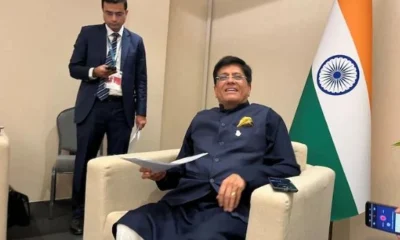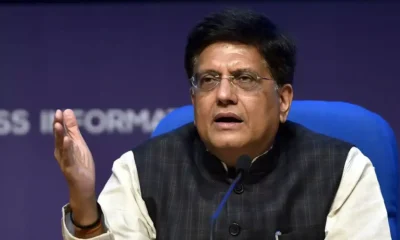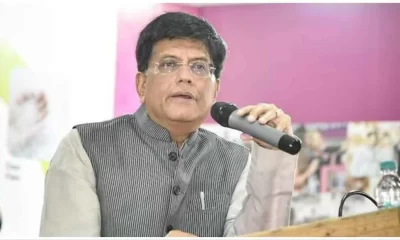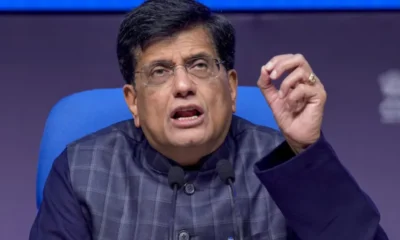The Cabinet Committee on Economic Affairs on Tuesday threw open coal mining to private sector in what is said to be the most ambitious coal sector reform since the nationalisation of this sector in 1973.
At present, private sector is allowed coal mining for captive use only.
Coal and Railway Minister Piyush Goyal, briefing the media on the decision taken in the Cabinet meeting, said the move that ends the monopoly of state-owned Coal India Ltd (CIL), is likely to bring efficiency into the coal sector by moving away from the era of monopoly (of CIL) to competition and lower power tariffs. He said the move will lead to higher investments and create lakhs of direct and indirect jobs.
“It will increase competitiveness and allow the use of best possible technology into the sector. The higher investment will create direct and indirect employment in coal bearing areas especially in mining sector and will have an impact on economic development of these regions,” the minister said.
The minister said big, medium as well as small mines would be offered to private companies for mining. Opening up the sector will also lead to energy security through assured coal supply, accountable allocation and affordability, he added.
Goyal said the move will help ramp up domestic production and reduce dependence on imports, which in turn will save the country precious foreign exchange. The move will also help in bringing down power tariffs, he said.
When asked how the move would impact Coal India, Goyal said competition would help the state-owned miner. CIL currently accounts for over 80 per cent of domestic coal output.
In a statement issued by the Press Information Bureau (PIB), the Coal ministry said the CCEA has approved the methodology for the auction of coal mines/blocks for sale of coal under the Coal Mines (Special Provisions) Act, 2015 and the Mines and Minerals (Development and Regulation) Act, 1957, the coal ministry said in a statement.
The methodology gives highest priority to transparency, ease of doing business and ensures that natural resources are used for national development, the statement said.
“The auction will be an ascending forward auction whereby the bid parameter will be the price offer in Rs/tonne which will be paid to the State Government on the actual production of coal. There shall be no restriction on the sale and/or utilisation of coal from the coal mine,” it said.
The government said the move will lead to energy security as 70 per cent of country’s electricity is generated from thermal power plants, adding that this reform will ensure assured coal supply, accountable allocation of coal and affordable coal leading to affordable power prices for consumers.
“As the entire revenue from the auction of coal mines for sale of coal would accrue to the coal bearing States, this methodology shall incentivise them with increased revenues which can be utilised for the growth and development of backward areas and their inhabitants including tribals,” the statement said, adding that the Eastern states will be especially benefited.
West Bengal, Odisha, Jharkhand, Chhattisgarh, and Madhya Pradesh are the major coal bearing sates. India is believed to have reserves of 300 billion tonne.
The Supreme Court had in September, 2014 cancelled 204 coal mines allocated to the different Government and private companies since 1993 under the provisions of Coal Mines (Nationalisation) Act, 1973.
To bring transparency and accountability, the Coal Mines (Special Provisions) Bill 2015 was passed by the Parliament which was notified as an Act in March, 2015. Enabling provisions have been made in the Coal Mines (Special Provisions) Act, 2015 for allocation of coal mines by way of auction and allotment for the sale of coal.


 LATEST SPORTS NEWS8 hours ago
LATEST SPORTS NEWS8 hours ago
 India News8 hours ago
India News8 hours ago
 India News9 hours ago
India News9 hours ago
 India News8 hours ago
India News8 hours ago
 Latest world news2 hours ago
Latest world news2 hours ago
 India News38 mins ago
India News38 mins ago















